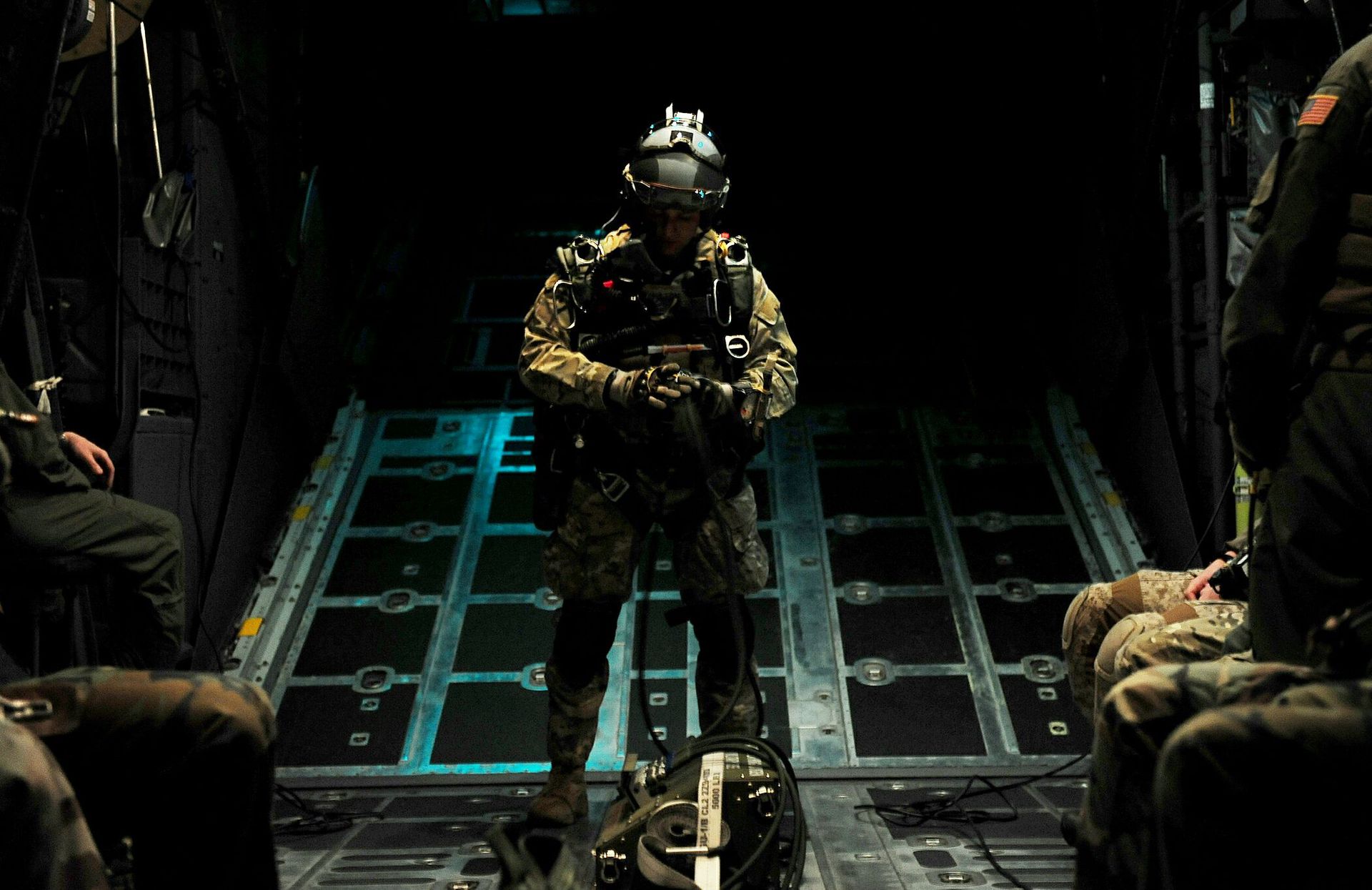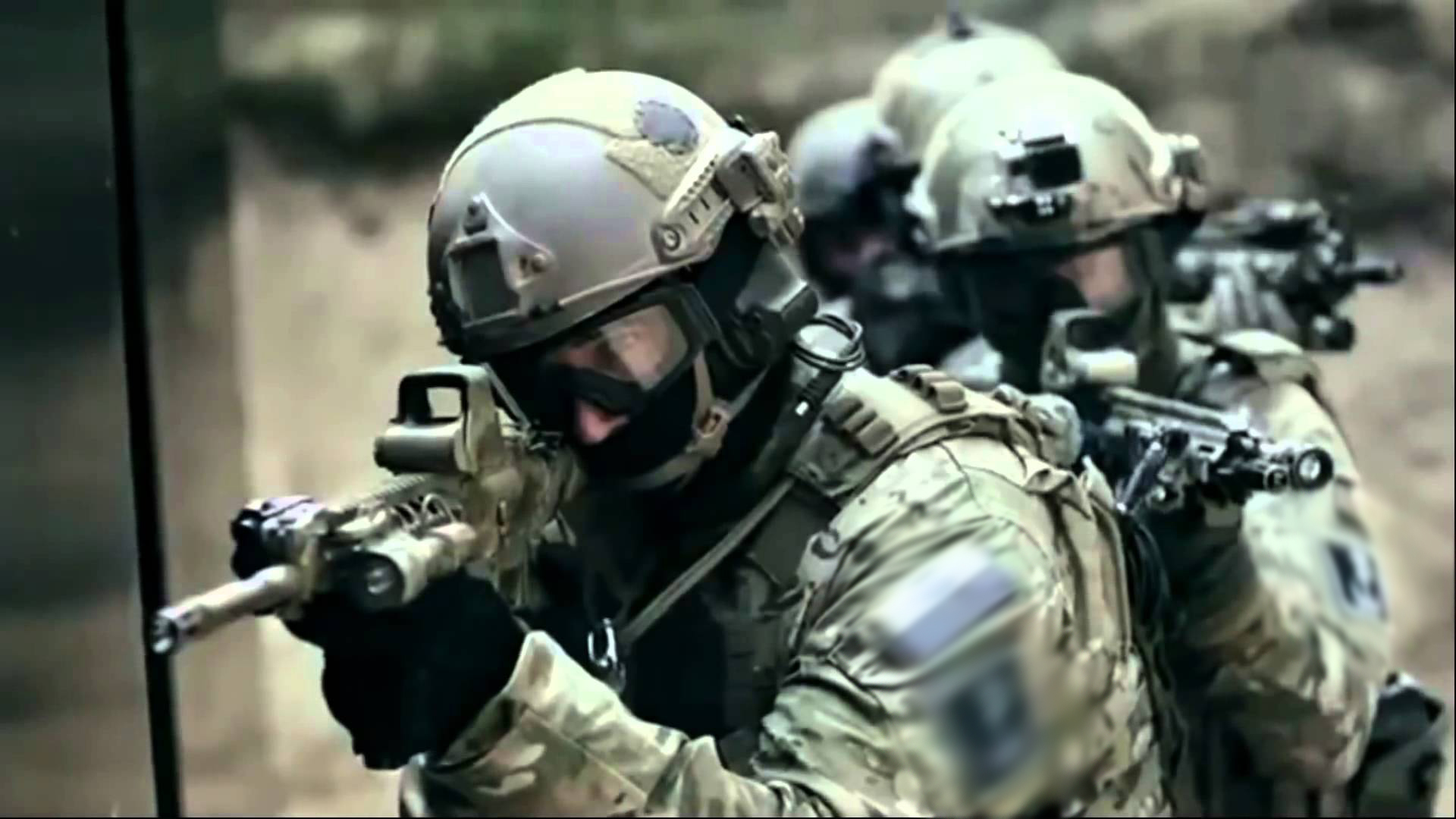 Maximizing Human Performance in Military Leadership and Special Operations in the war in Ukraine
Maximizing Human Performance in Military Leadership and Special Operations in the war in Ukraine
The ongoing war in Ukraine has highlighted the importance of human performance in military leadership and special operations. Achieving success in these high-pressure situations requires a combination of physical and mental resilience, as well as highly developed skills and expertise. In this article, we will explore the various ways in which human performance can be maximized in military leadership and special operations, as well as the factors that can impact it.
UNDERSTANDING THE IMPORTANCE OF HUMAN PERFORMANCE IN MILITARY LEADERSHIP AND SPECIAL OPERATIONS
Military operations are complex and require a high level of coordination and precision. In order to operate successfully in high-pressure and dynamic environments, military leaders and special operations teams must be prepared to adapt to rapid changes and maintain a high level of situational awareness. This requires not only advanced physical skills, but also the ability to think critically and strategically in order to overcome obstacles and achieve objectives.
Furthermore, human performance plays a crucial role in military leadership and special operations. The physical and mental demands of these roles require individuals to be in top physical condition, with a focus on endurance, strength, and agility. Additionally, mental toughness and resilience are essential traits for military leaders and special operations teams, as they often face high-stress situations and must make split-second decisions that can have significant consequences. Therefore, training and preparation for these roles must prioritize both physical and mental conditioning in order to ensure optimal human performance in the field.
ANALYZING THE STRATEGIES USED TO MAXIMIZE HUMAN PERFORMANCE IN MILITARY LEADERSHIP AND SPECIAL OPERATIONS
In order to maximize human performance in military leadership and special operations, a number of strategies can be employed. One of the most effective is to ensure that all team members receive extensive training and development opportunities. This can include physical training, specialized skills training, and even mental resilience and stress management training.
Another important strategy is to employ cutting-edge technology and equipment in order to enhance team performance. Sophisticated communication systems, drone technology, and advanced weaponry can all help to improve situational awareness and increase the effectiveness of military operations.
Additionally, effective leadership and communication skills are crucial in maximizing human performance in military operations. Leaders must be able to clearly communicate objectives and expectations to their team members, while also providing support and guidance when needed. They must also be able to make quick and effective decisions in high-pressure situations, while maintaining a calm and focused demeanor.
EXAMINING THE ROLE OF TRAINING AND DEVELOPMENT PROGRAMS IN ENHANCING HUMAN PERFORMANCE IN MILITARY LEADERSHIP AND SPECIAL OPERATIONS
The role of training and development programs in enhancing human performance in military leadership and special operations cannot be overstated. These programs provide team members with the knowledge, skills, and expertise they need to operate effectively in complex and dynamic environments. They also help to foster a culture of continuous learning and improvement, which is essential for success in the ever-evolving landscape of modern warfare.
Moreover, training and development programs also play a crucial role in promoting mental and emotional resilience among military personnel. These programs equip individuals with the necessary tools to cope with stress, trauma, and other challenges that are inherent in military operations. By providing a supportive and nurturing environment, these programs help to reduce the risk of mental health issues and improve overall well-being. This, in turn, leads to better performance and mission success.

UNDERSTANDING THE IMPACT OF TECHNOLOGY ON HUMAN PERFORMANCE IN MILITARY LEADERSHIP AND SPECIAL OPERATIONS
Technology plays a critical role in enhancing human performance in military leadership and special operations. By providing teams with advanced equipment and communication systems, technology can help to improve situational awareness and increase tactical effectiveness. This can make all the difference in high-pressure situations, where split-second decisions can mean the difference between success and failure.
However, it is important to note that technology is not a substitute for human skills and experience. While technology can provide valuable support, it cannot replace the critical thinking, adaptability, and leadership abilities that are essential in military operations. Therefore, it is crucial for military leaders and special operators to strike a balance between utilizing technology and relying on their own expertise and judgement.
EXPLORING THE ROLE OF NUTRITION AND PHYSICAL FITNESS IN ENHANCING HUMAN PERFORMANCE IN MILITARY LEADERSHIP AND SPECIAL OPERATIONS
Physical fitness and nutrition are also crucial components of human performance in military leadership and special operations. A healthy diet and regular exercise can help to improve physical strength, endurance, and resilience, which are all essential for success in these demanding roles. It can also help to improve mental focus and reduce stress, which can be critical in high-pressure environments.
In addition to physical fitness and nutrition, sleep is also a vital component of human performance in military leadership and special operations. Adequate sleep is necessary for optimal cognitive function, reaction time, and decision-making abilities. In fact, studies have shown that sleep deprivation can impair these abilities and increase the risk of errors and accidents. Therefore, it is important for individuals in these roles to prioritize and maintain healthy sleep habits to ensure peak performance.
EXAMINING THE IMPORTANCE OF MENTAL RESILIENCE IN MAXIMIZING HUMAN PERFORMANCE IN MILITARY LEADERSHIP AND SPECIAL OPERATIONS
Mental resilience is a key factor in maximizing human performance in military leadership and special operations. It is essential for maintaining focus, overcoming obstacles, and dealing with stress and pressure. Developing mental resilience requires a combination of training, experience, and support, and it can be a critical factor in determining success in high-pressure situations.
Studies have shown that mental resilience can also have a positive impact on physical health and overall well-being. Individuals with higher levels of mental resilience are better able to cope with chronic stress and may have a reduced risk of developing stress-related illnesses such as cardiovascular disease and depression. Therefore, investing in mental resilience training not only benefits military personnel in their professional roles but also in their personal lives.

ANALYZING THE CHALLENGES FACED BY MILITARY LEADERS IN MAXIMIZING HUMAN PERFORMANCE DURING THE WAR IN UKRAINE
The war in Ukraine has presented a number of challenges for military leaders and special operations teams. The constantly evolving nature of the conflict has required leaders to rapidly adapt to changing circumstances and develop new strategies for achieving success. The intense physical and mental demands of the conflict have also highlighted the importance of resilience and adaptability in military leadership and special operations.
One of the key challenges faced by military leaders in maximizing human performance during the war in Ukraine has been the need to balance the demands of combat with the need to maintain the health and well-being of their troops. The harsh conditions of the conflict, including extreme temperatures and limited access to medical care, have made it difficult for leaders to ensure that their troops are able to perform at their best. As a result, many military leaders have had to develop innovative approaches to maintaining the physical and mental health of their troops, including providing access to specialized training and equipment, as well as implementing new strategies for managing stress and fatigue.
EXAMINING THE BEST PRACTICES FOR MAXIMIZING HUMAN PERFORMANCE DURING MILITARY OPERATIONS IN CONFLICT ZONES
The best practices for maximizing human performance during military operations in conflict zones include extensive training and development, the use of advanced technology and equipment, and a focus on physical and mental resilience. It is also important for military leaders to develop effective communication and decision-making strategies, in order to maintain situational awareness and respond quickly to changing circumstances.
CONCLUSION: THE IMPORTANCE OF MAXIMIZING HUMAN PERFORMANCE FOR SUCCESS IN MILITARY LEADERSHIP AND SPECIAL OPERATIONS
As we have seen, maximizing human performance is crucial for success in military leadership and special operations. By employing a combination of strategies, including training, technology, physical fitness and mental resilience, military teams can improve their effectiveness and achieve their objectives in even the most challenging of environments. By placing a focus on human performance, we can ensure that military leaders and special operations teams are equipped with the skills, knowledge, and expertise needed to succeed in today’s complex and dynamic military landscape.